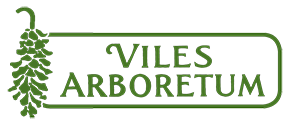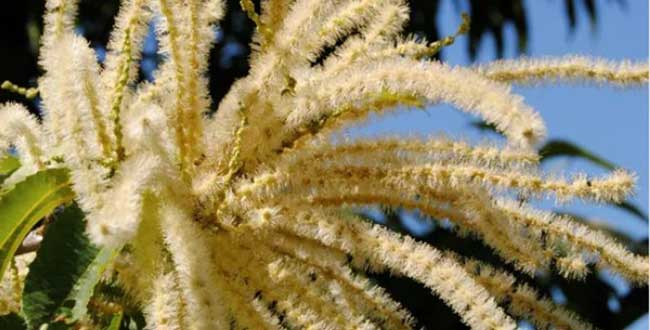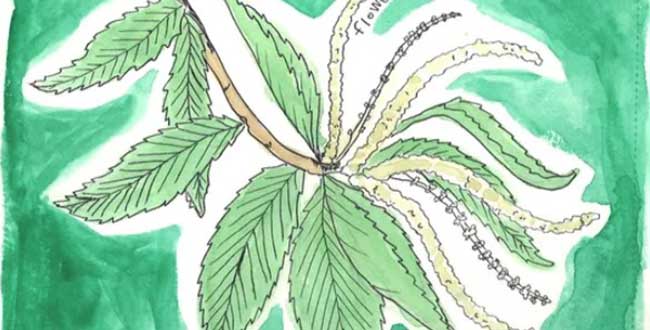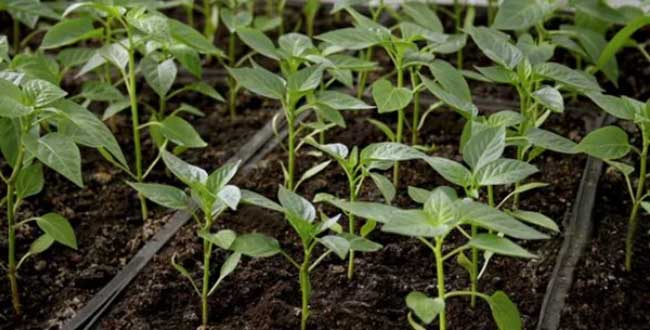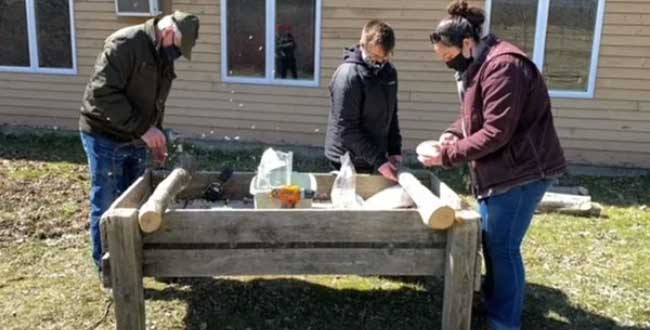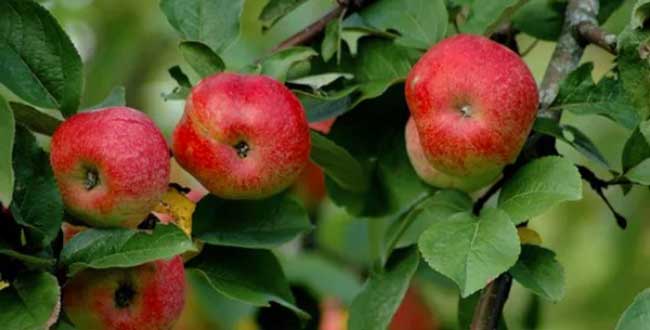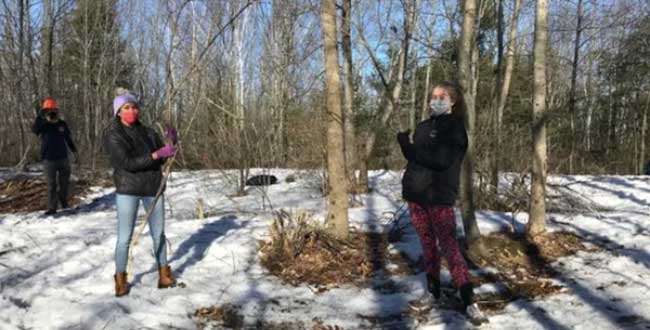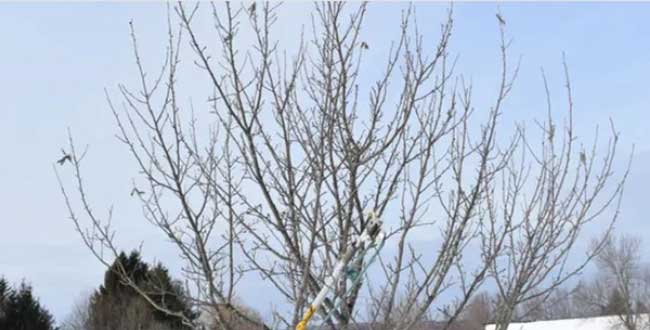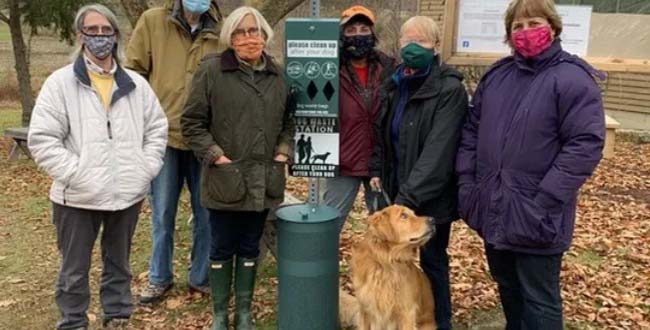We have confirmed that we will be receiving another batch of American chestnut seedlings in May! These seedlings are provided by The American Chestnut Foundation and all proceeds from their sale directly benefit Viles Arboretum and the TACF.
Spring is here and many of us are ready to start sinking our hands into the newly warmed soil and begin our planting season. In addition to traditional flower and vegetable gardens, you may also consider adding trees to the list of things you would like to get into the ground before summer. If you have the space, the incredibly versatile, and endangered, American chestnut should be making your list this year.
On May 22nd, Viles Arboretum will be hosting a plant sale, tours of its permaculture garden and a volunteer day. This is a great opportunity for families and individuals to get out and engage with their community in a safe outdoor setting.
On Saturday, April 3rd, participants gathered at Viles Arboretum to participate in a crash-course in mushroom cultivation. Events of the past year have lead to periods of empty shelves and skyrocketing food prices across the country, leading to a revitalized interest in purchasing food from local producers and an increased desire for self-sufficiency. Once you have tackled the home garden, and perhaps even the backyard chicken coop, mushrooms are a feasible next step.
Viles Arboretum executive director Ryan Martin recently hosted a virtual Spring Fruit Tree Pruning lecture for the UMA Senior College. 28 people tuned in for this unique opportunity to learn about the history of apple cultivation around the world, fruit tree pruning, and other orchard tree care methods. Attend a recorded version of this Zoom lecture for free in your own home! This is an excellent opportunity to get a jump start on your fall fruit harvest.
On Saturday, March 13th, Viles Arboretum hosted a spring Volunteer Day focusing on invasive species removal. Members of the Maine Conservation Corps as well as Invasive Plant Biologist Nancy Olmstead were present to assist volunteers in identifying and properly removing invasive plant species. While invasive plant species are widespread across the property, three sites were identified as targets for the efforts of this event. The Piggery, Johnson Pavilion and Larch Collection were determined as areas in critical need of invasive species removal.
As with much of the historic agricultural land across New England, Viles Arboretum has found itself home to an overabundance of invasive plant species.
Invasive species are defined as species occurring outside their natural range which are able to reproduce within their introduced range and presents a threat to native species or ecosystems in which they inhabit. Frequently these species are capable of outcompeting naturally occurring species for resources and have few or no limiting factors in their introduced range, allowing them to spread uncontrolled.
If you live or recreate in Central or Southern Maine, the brown-tail moth is probably an insect you have become well acquainted with. In recent years these small, fuzzy white moths and their caterpillars have a bad habit of showing up everywhere. The caterpillars leave behind fibers in the soil and on surfaces we come in contact with that can result in painful rashes and respiratory distress. Unfortunately, the Arboretum has not been spared from the brown-tail moth invasion.
If you have ever taken the time to walk the wetland boardwalk at Viles Arboretum, you have probably noticed the remains of an old deck structure looming within the pond. The now soft, skeletal beams were once a part of the original boardwalk, serving as a wider viewing platform. With the original boardwalk long since removed, the old observation deck has remained. Perhaps the occasional Cormorant or Mallard Duck has appreciated the structure in recent years, but to those using the boardwalk for wildlife viewing or photography, those weathered beams only stand in the way.
Viles Arboretum welcomes thousands of people a year to our sprawling 224 acres in Central Augusta. Those of us in the public land management "industry" would describe this space as "mixed used," meaning that there are many ways that our visitors use this space - from cross-country skiing and snowshoeing in the winter to hikers looking for an informative walk through our 20 botanical collections.
